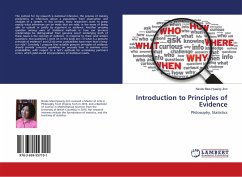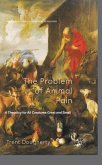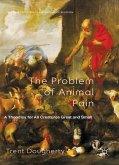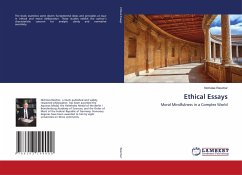The context for my research is statistical inference, the process of making predictions or inferences about a population from observation and analyses of a sample. In this context, many researchers want to grasp exactly what inferences can be made that are valid, in the sense of being able to uphold or justify by argument or evidence. Another pressing question among users of statistical methods is: how can spurious relationships be distinguished from genuine ones? Underlying both of these issues is the concept of evidence. In response to these (and similar) questions, two questions I work on in this book are: (1) what is a genuine principle of evidence? and (2) do error probabilities have more than a long-run role? Concisely, I propose that suitable genuine principles of evidence should provide concrete guidelines on precisely how to examine error probabilities, with respect to a test's aptitude for unmasking pertinent errors, which yield sound interpretations of statistical results.








